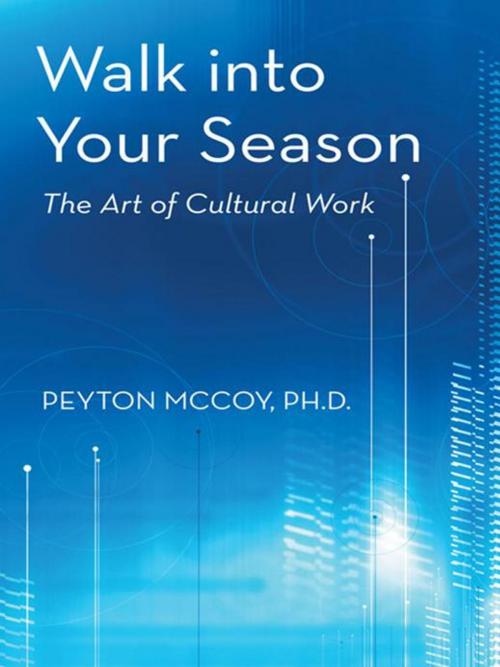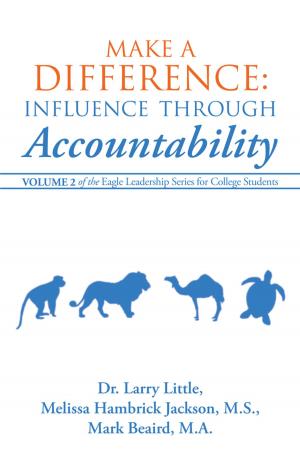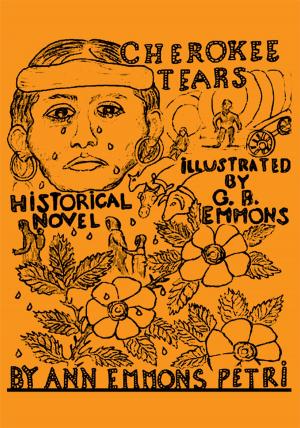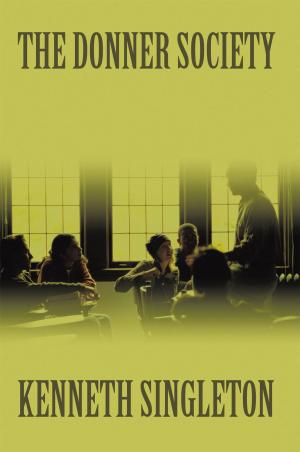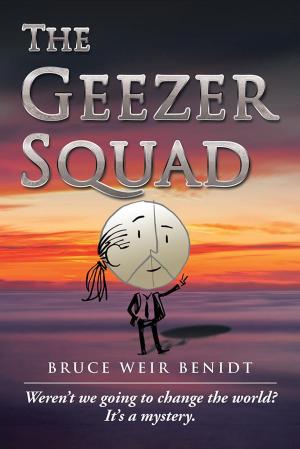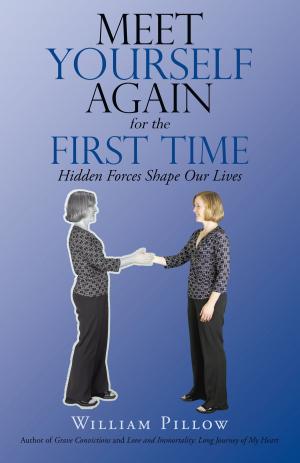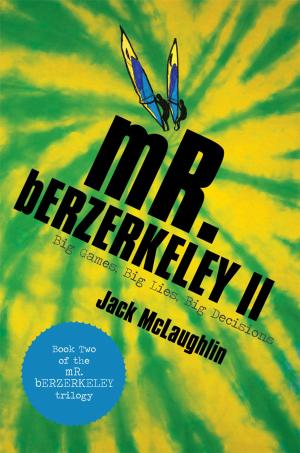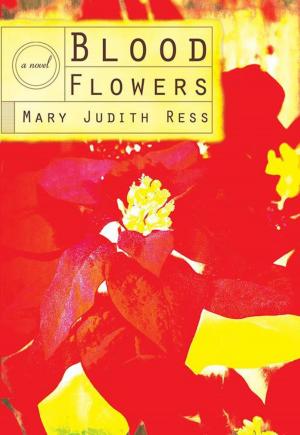Walk into Your Season
The Art of Cultural Work
Nonfiction, Social & Cultural Studies, Social Science, Social Work, Cultural Studies, Popular Culture| Author: | Peyton McCoy | ISBN: | 9781475983081 |
| Publisher: | iUniverse | Publication: | March 29, 2013 |
| Imprint: | iUniverse | Language: | English |
| Author: | Peyton McCoy |
| ISBN: | 9781475983081 |
| Publisher: | iUniverse |
| Publication: | March 29, 2013 |
| Imprint: | iUniverse |
| Language: | English |
The significance of Walk into Your Season is that it ponders whether a cultural worker can renew the role of free spaces of empowerment to address power differentials utilizing key contributors such as the traditions and language of a culture; the cultural workers potential to facilitate action and transformation; and the intentional effort to make the hidden transcript of resistance public. By illustrating how free spaces are effective in discursive communities affected by the aftermath of historical dominance and still vulnerable to the ploys of power, Walk into Your Season illustrates cultural work in two different settings, one with a history of free spaces (Thirty First Street Baptist Church) and one without a history of free spaces (older youth transitioning from foster care in the Richmond Department of Social Services).
By uniting a groups words, narrative(s), images, visual art, music, film, and other cultural legacies of voice in an effort to inform and inspire individual and collective transformation, cultural work creates a repertoire that exposes empowering features of the groups free spaces. Tacit knowing, reflective practice, and creativity, that is, the artistic, tacit, intuitive processes that practitioners bring to situations of problem solving are explored.
Cultural work as repertoire building and creating free space is central to democratic progress and important due to its work in (1) identifying, engaging, and illuminating, the empowering features of free space (2) discerning the gaps between reality and the democratic ideal, (3) facilitating a creative space in which recognized gaps can be explored, (4) building a repertoire that empowers individually and collectively through renewal and initiation, (5) making hidden transcripts public when appropriate, and (6) celebrating the emergent creative repertoire in the community. A set of principles for effective cultural work is revealed.
The significance of Walk into Your Season is that it ponders whether a cultural worker can renew the role of free spaces of empowerment to address power differentials utilizing key contributors such as the traditions and language of a culture; the cultural workers potential to facilitate action and transformation; and the intentional effort to make the hidden transcript of resistance public. By illustrating how free spaces are effective in discursive communities affected by the aftermath of historical dominance and still vulnerable to the ploys of power, Walk into Your Season illustrates cultural work in two different settings, one with a history of free spaces (Thirty First Street Baptist Church) and one without a history of free spaces (older youth transitioning from foster care in the Richmond Department of Social Services).
By uniting a groups words, narrative(s), images, visual art, music, film, and other cultural legacies of voice in an effort to inform and inspire individual and collective transformation, cultural work creates a repertoire that exposes empowering features of the groups free spaces. Tacit knowing, reflective practice, and creativity, that is, the artistic, tacit, intuitive processes that practitioners bring to situations of problem solving are explored.
Cultural work as repertoire building and creating free space is central to democratic progress and important due to its work in (1) identifying, engaging, and illuminating, the empowering features of free space (2) discerning the gaps between reality and the democratic ideal, (3) facilitating a creative space in which recognized gaps can be explored, (4) building a repertoire that empowers individually and collectively through renewal and initiation, (5) making hidden transcripts public when appropriate, and (6) celebrating the emergent creative repertoire in the community. A set of principles for effective cultural work is revealed.
